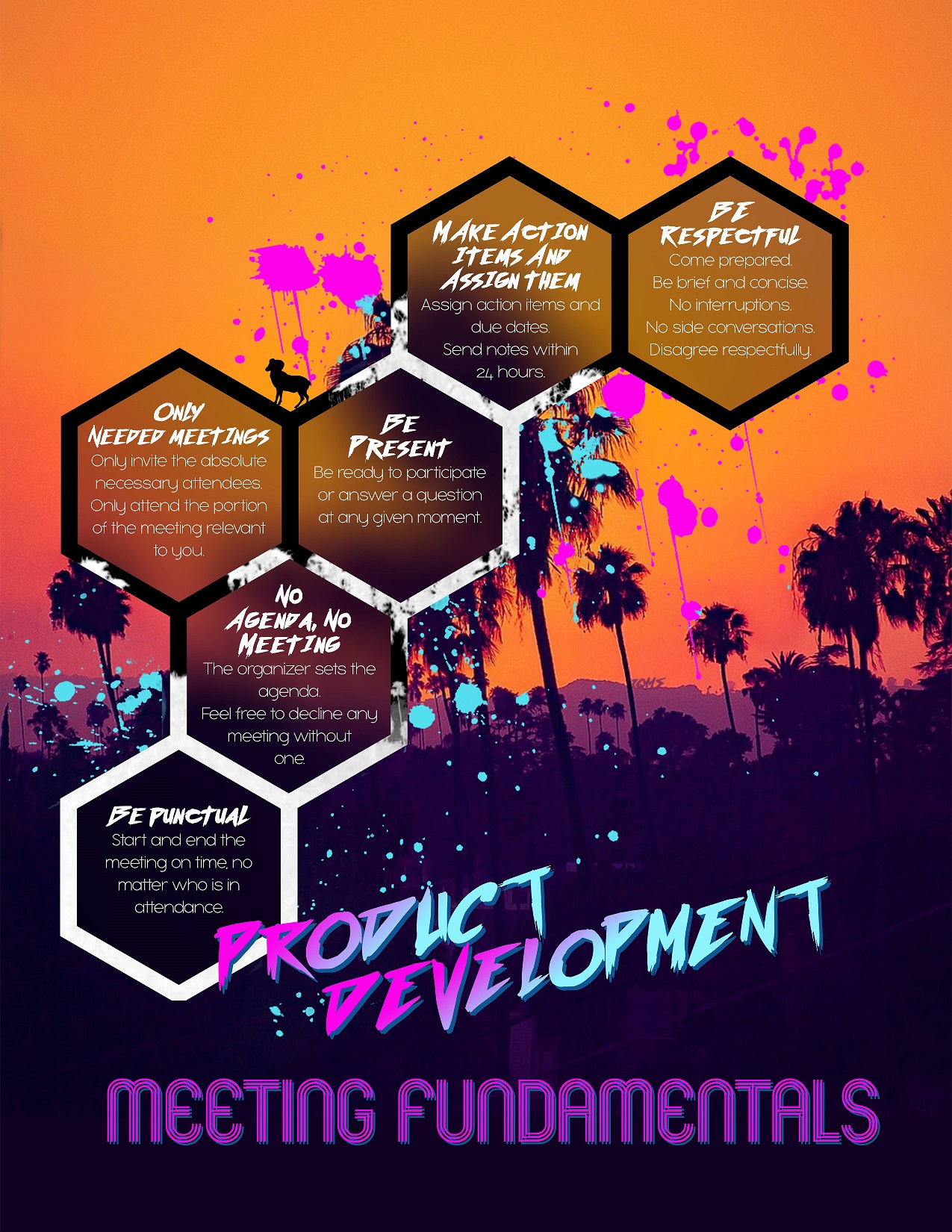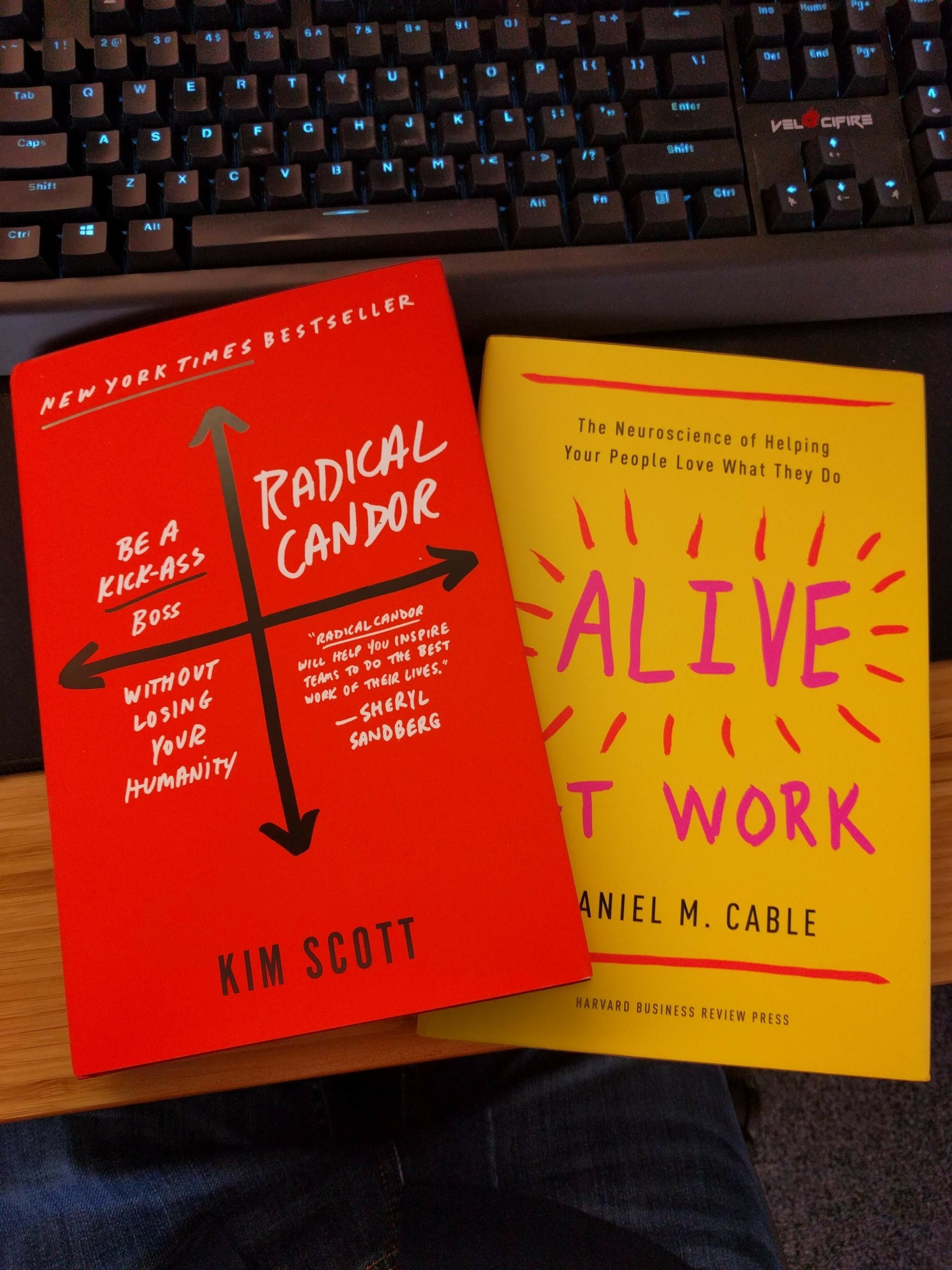We recently connected with Trevor Fry and have shared our conversation below.
Trevor, appreciate you joining us today. Some of the most interesting parts of our journey emerge from areas where we believe something that most people in our industry do not – do you have something like that?
A lot of people in tech think that tech leaders need to stay hands-on and continue to dev and code. That they should know the codebase better than everyone, be able to jump in and solve any problem, and prove their technical chops on a daily basis. I completely disagree.
I see most roles as having three pillars: Strategy, Operations, and Technical work. As an individual contributor, you’re deep in the technical side. But as you grow into leadership, your time and focus need to shift. You can’t own strategy, drive operations, and still expect to deliver high-quality technical output. These are different skill sets, and they pull your attention in different directions.
Even if you can do all three, you won’t have the bandwidth to do them all well. How can you grow your team or set a clear vision if you’re busy cranking out bugs? Why hire talented experts if you’re still doing the work yourself? At some point, trying to do it all becomes a liability, not a strength. Good leaders know when to step back from the keyboard and focus on helping the team thrive.
I came to this realization while leading a large engineering team through a full-on process and culture shift. We were moving from a command and control environment to a servant leadership model focused on empowering teams to design their own solutions. I knew that if I jumped in and started coding, as tempting as it was, I’d reinforce the idea that I had all the answers. That was exactly what we were trying to move away from.
At the same time, I couldn’t be completely hands-off. I needed to lead by example, coach the team, and stay close to the problems we were solving. So I focused on the work nobody else wanted to do—things like working directly with customers and handling admin tasks. That gave me context and built trust without stepping on the team’s autonomy. We solved problems together, and the team started to thrive.
Letting go of code wasn’t about losing relevance. It was about making space to actually lead. That shift made me a better manager, a better strategist, and someone who could build high-performing teams instead of just high-performing pull requests.

Trevor, before we move on to more of these sorts of questions, can you take some time to bring our readers up to speed on you and what you do?
I run a consulting business called //TREVORFRY.TECH, where I help growing companies set the technical and operational foundations for their next stage of growth. That might mean improving internal systems, evaluating and coaching teams, or stepping in as a fractional CTO to bring clarity and structure to their roadmap.
My background spans software, team leadership, and digital transformation. Over the years, I’ve worked with manufacturers, real estate companies, wellness platforms, freight operations, digital agencies, and early-stage startups. I’ve led teams of 90 or more, rebuilt engineering cultures, and helped businesses move from reactive and scattered to aligned, strategic, and scalable.
What sets me apart is my ability to zoom out, ask the right questions, and help founders and teams see the big picture. I bring a mix of structure and flexibility. Just enough process to give you stability without slowing you down. I’m not here to push a one-size-fits-all playbook. I meet people where they are and help them move forward with clarity, confidence, and a plan.
I’m proud of the trust I’ve earned with the teams and founders I’ve worked with. Whether it’s guiding a shift in company culture or helping a business get unstuck, my goal is the same: make it easier to build something that works and a culture that values people and isn’t a terrible place to work.
If you’re feeling stuck in your tech decisions, unsure how to scale, or frustrated by the systems and processes around you, I can help. My work is built on listening, simplifying, and supporting people through complex moments so they can focus on what they do best.

Any advice for managing a team?
Lead with empathy, but don’t stop there. The best teams I’ve been part of, or had the chance to lead, were built on trust, support, and a good sense of humor. I believe in servant leadership, not as a buzzword, but as a daily practice. Show up, clear the path, and set vision and direction. Make sure people have everything they need to do great work.
But empathy doesn’t mean being vague or overly gentle. It means listening. It means knowing your team is carrying things you can’t always see, and still holding them to a high standard. Challenge them while also supporting them. Celebrate the failures; you learn more from them than you do from easy wins.
Trust your team enough to push them; back them up when things get messy. They don’t need a hero. They need someone in their corner who actually listens and follows through. Also get your team to trust you enough to call you out; you need checks and balances.
And don’t forget to laugh. Shared humor builds psychological safety faster than any policy or slide deck ever will.

Are there any books, videos, essays or other resources that have significantly impacted your management and entrepreneurial thinking and philosophy?
A few standouts come to mind.
Creativity, Inc. by Ed Catmull gave me a deep appreciation for protecting creative environments and building honest, resilient teams.
Radical Candor by Kim Scott helped clarify how to deliver feedback with both care and clarity.
Good to Great by Jim Collins offered a framework for thinking about what actually drives sustainable success in organizations.
Management Time: Who’s Got the Monkey? is a short Harvard Business Review article that completely changed how I view ownership and responsibility. If you’re feeling overwhelmed, read this.
And recently, 4000 Weeks: Time Management for Mortals by Oliver Burkeman has helped me reframe how I think about time, urgency, and what really matters in both work and life. This is one of those books that I will come back to. It should be prescribed adult reading.
Each of these helped shape how I show up as a leader and how I try to build systems that support both progress and people.
Contact Info:
- Website: https://trevorfry.tech
- Instagram: trevorfry.tech
- Linkedin: https://www.linkedin.com/in/trevorfry
- Other: https://bytesizedmusings.substack.com

Image Credits
Trevor Fry


